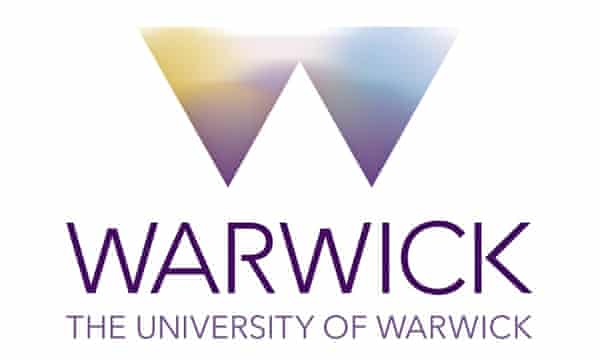University of Warwick: Warwick international relations researcher awarded major grant to study Latin America’s contributions to the development of global norms and institutions
The ways in which Latin American states shaped, and were themselves in turn shaped by, the development of the complex of international norms, institutions, and practices that help structure world politics will be better understood thanks to a new research grant won by Dr Tom Long of the University of Warwick’s Department of Politics and International Studies, and Dr Carsten-Andreas Schulz, an assistant professor at Pontificia Universidad Católica in Chile.
The researchers have been awarded a £250,000 Arts and Humanities Research Council grant for their four-year project, Latin America and the peripheral origins of nineteenth-century international order.
A better understanding of how Latin America’s engagement shaped international order during its foundation will also help to shape our understandings of the ‘crisis’ of international order today.
The state of the international order – the complex of international norms, institutions, and practices that helps structure world politics – has become a pressing issue for global leaders. Institutions are perceived to be challenged from without by the rise of new powers, and weakened from within by a lessening of support from key states.
This attention has driven scholarly attempts to better understand the international order’s foundation and evolution.
The nineteenth century is now regarded by scholars as a pivotal moment in the development of the international order, with disparate diplomatic initiatives beginning to coalesce into forms that resemble today’s international organizations. Many of these bodies still exist today or were reborn in the post-Second World War institutional architecture.
The period was also pivotal for Latin American state consolidation and emergence on the world stage. Latin America often occupied a distinct place as a group of sovereign states that was accorded lesser status by European powers. However, Latin America’s own vibrant republican institutions spurred vital contributions to international practices, norms, and institutions.
Drawing on multinational archival work, Long and Schulz will examine Latin America’s role in the development of international order during the nineteenth century, and the ways international order influenced domestic hierarchies, through research in Argentina, Brazil, Colombia, Mexico, and the United States.
The research will benefit global historians, international relations scholars, and historians of republicanism and liberalism in Latin America’s nineteenth century.
Dr Long said: “I am thrilled to have received this grant from the AHRC, and for this opportunity to work again with Dr Carsten-Andreas Schulz.
“We think this project will contribute to debates that have been central to historical International Relations. It also dialogues with work in Global History, giving an international dimension to new currents that examine republicanism and liberalism in Latin America’s nineteenth century.
“The region was deeply engaged with British commercial expansion during that period, so looking back to the late nineteenth century is also important for thinking about British-Latin American relations moving forward.”

